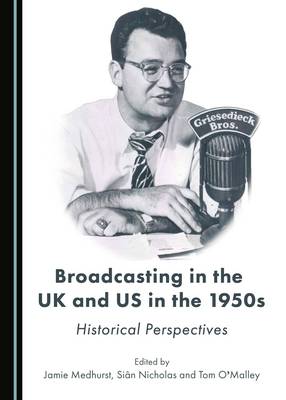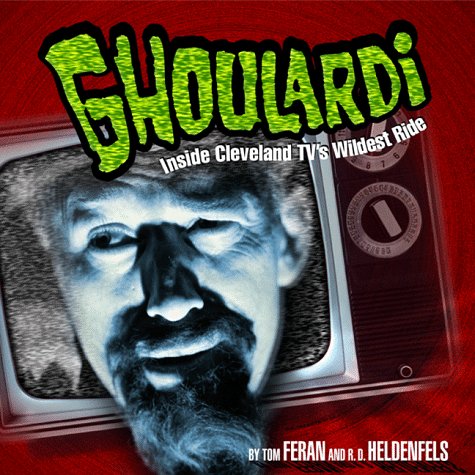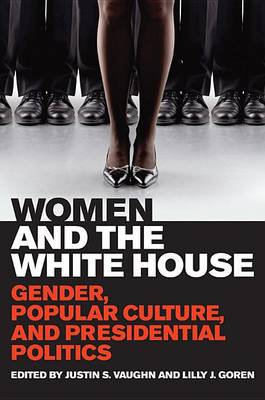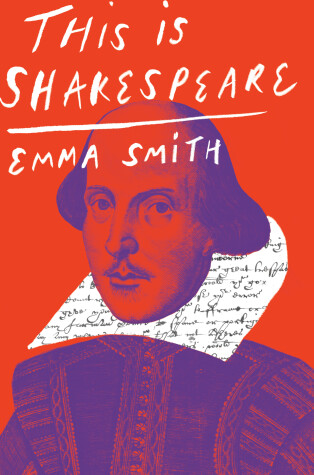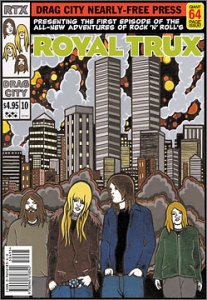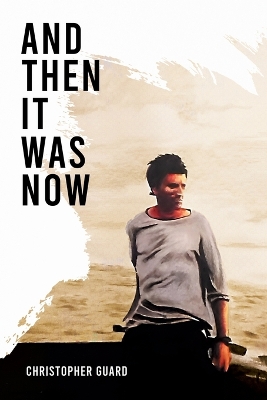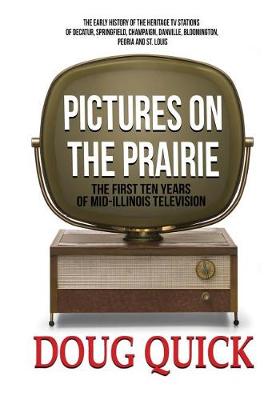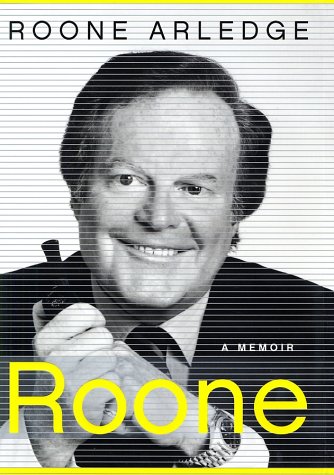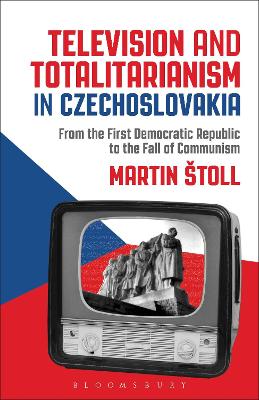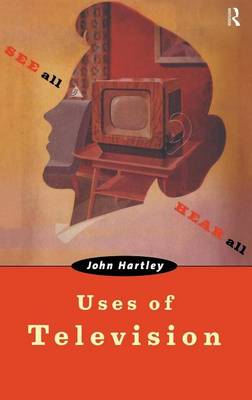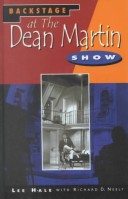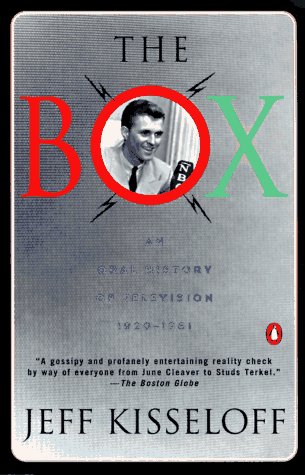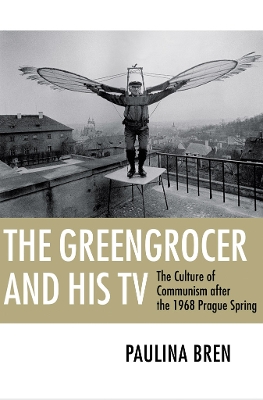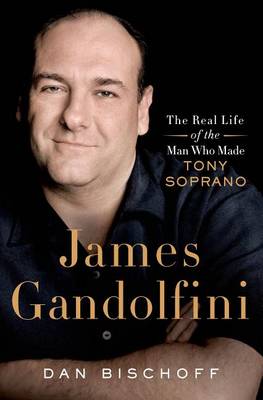Broadcasting in the UK and US in the 1950s
In an age of digital communications, where radio, satellite, television and computing have come together to allow instant access to information and entertainment from around the globe, it is sometimes easy to overstate the break with the recent past that these developments imply. However, from a historical perspective, it is important to recognise that the national dimensions of communications, including broadcasting, have always been framed within different sets of international political, econ...
At the end of World War II, Gen. Dwight D. Eisenhower, fearing that retreating Germans would consolidate large numbers of troops in an Alpine stronghold and from there conduct a protracted guerilla war, turned U.S. forces toward the heart of Franconia, ordering them to cut off and destroy German units before they could reach the Alps. Opposing this advance was a conglomeration of German forces headed by SS-Gruppenfuhrer Max Simon, a committed National Socialist who advocated merciless resistance...
Covering the five centuries from Shakespeare's Bankside playhouses to today's West End, Paul Ibell's Theatreland explores the history and current state of the London stage, taking the reader through the streets and alleyways of the theatre capital of the world. London's theatre district is quite literally built on the past. Although the book celebrates this, and the artistic achievements that still resonate today, it also emphasises that theatre is an art form that can only survive and flouris...
An electrifying new study that investigates the challenges of the Bard’s inconsistencies and flaws, and focuses on revealing—not resolving—the ambiguities of the plays and their changing topicality A genius and prophet whose timeless works encapsulate the human condition like no other. A writer who surpassed his contemporaries in vision, originality, and literary mastery. A man who wrote like an angel, putting it all so much better than anyone else. Is this Shakespeare? Well, sort of. But it...
The story of Czechoslovak television is in many respects typical of the cultural and political developments in Central Europe, behind the Iron Curtain. Martin Štoll, with unprecedented access to the Military Historical Archives in Prague, provides contextual insights into the issues of introducing television in the whole Socialist Bloc (save China, Mongolia and Cuba), from the introduction of television broadcasting in Czechoslovakia in 1921 through to the 1968 occupation and the Velvet revolut...
How does television function within society? Why have both its programmes and its audiences been so widely denigrated? Taking inspiration from Richard Hoggarts classic study The Uses of Literacy, John Hartleys new book is a lucid defence of the place of television in our lives, and of the usefulness of television studies. Hartley re-conceptualizes television as a transmodern medium, capable of reuniting government, education and media, and of creating a new kind of cultural teaching which facili...
I Love Lucy: Behind the Scenes (Highbridge Distribution)
by Jess Oppenheimer and Gregg Oppenheimer
Guaranteed to keep you up long after prime time, "The Box" re-creates the old-time TV years through more than three hundred interviews with those who invented, manufactured, advertised, produced, directed, wrote, and acted in them. Their reminiscences are intertwined with a chronological narrative that tells the technological, business, and entertainment stories--from pioneer Philo T. Farnsworth, through the Golden Age of comedy and drama, to FCC chairman Newt Minow's historic speech declaring t...
Winner, 2012 Council for European Studies Book AwardWinner, 2012 Center for Austrian Studies Book PrizeShortlist, 2011 Wayne S. Vucinich Book Prize (ASEEES)The 1968 Soviet invasion of Czechoslovakia brought an end to the Prague Spring and its promise of "socialism with a human face." Before the invasion, Czech reformers had made unexpected use of television to advance political and social change. In its aftermath, Communist Party leaders employed the medium to achieve "normalization," pitching t...
James Gandolfini: The Real Life of the Man Who Made Tony Soprano
by Dan Bischoff
Edgar Allan Poe exerted a profound influence on many aspects of 20th-century culture, and continues to inspire composers, filmmakers, writers and artists. Popularly thought of as a ""horror"" writer, Poe was also a philosophical aesthete, a satirist, a hoaxer, a psychologist and a prophet of the anxieties and preoccupations of the modern world. Alphabetically arranged, this book explores Poe's major works both in their own right and in terms of their impact on others, including Baudelaire, who t...
